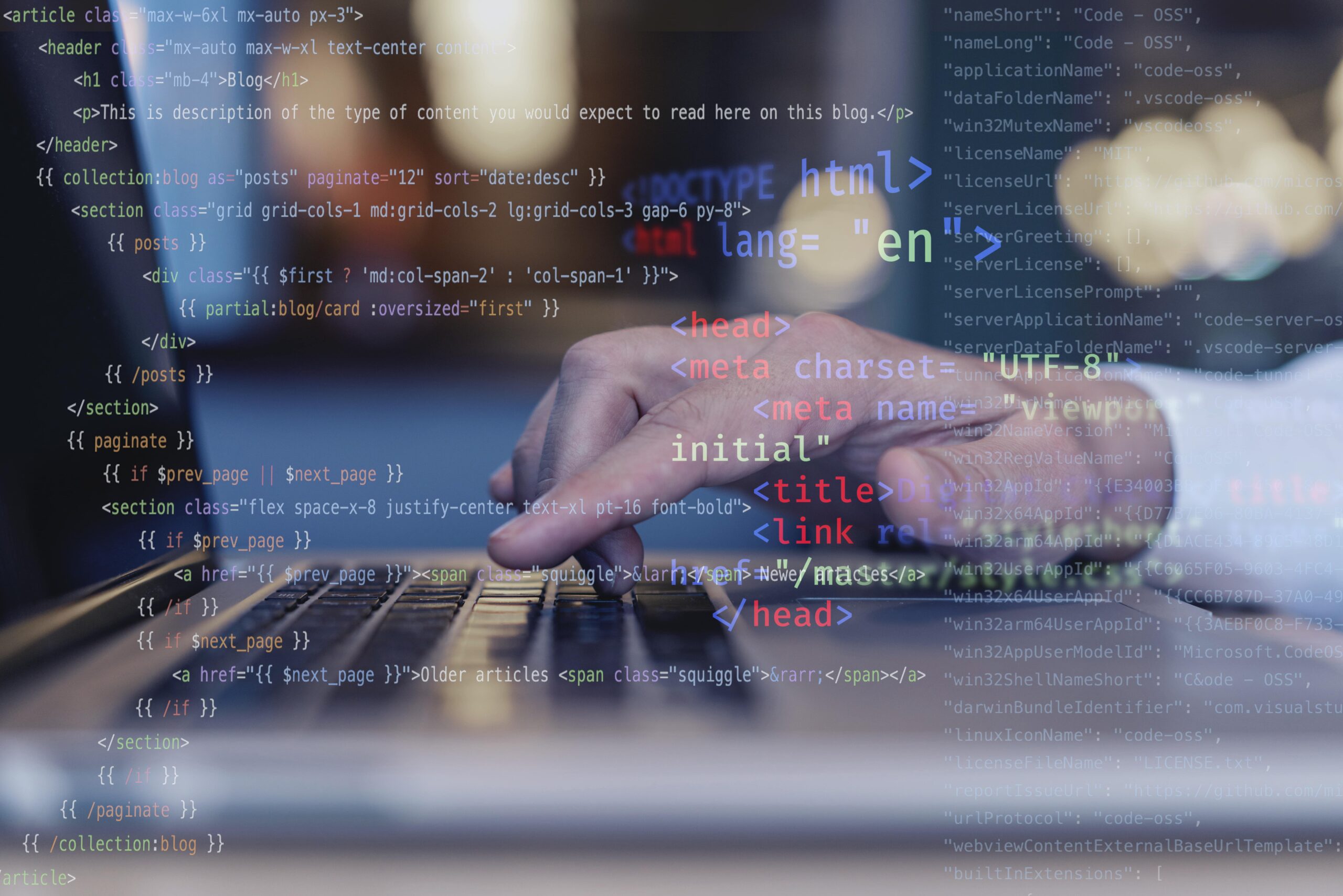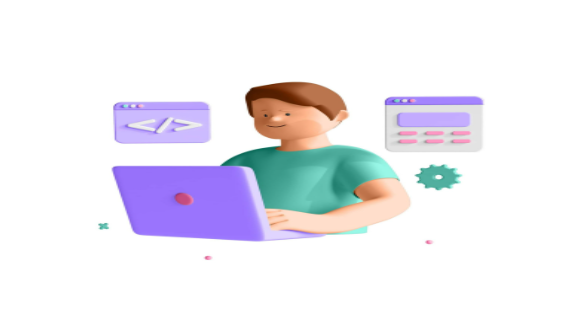How Long Does It Take to Learn Python – pythonsden
Introduction
Python has gained tremendous popularity in recent years due to its simplicity, versatility, and extensive use in various fields such as web development, data science, machine learning, and more. Aspiring programmers often wonder, “How long does it take to learn Python?” While the answer may vary depending on individual circumstances, in this blog, we will explore the factors that influence the learning curve, provide guidance on achieving Python mastery and also Learn Python Basic.
How Long Does It Take to Learn Python
Prior Experience: Your prior programming knowledge is a key element that affects How long does it take to learn Python. Learning the basics of Python should be simpler if you are already familiar with programming ideas and have expertise with another language. Such comfort can drastically lower the learning curve and hasten the process of becoming proficient.
Learning Objectives: Python learning time is also influenced by your learning goals. Do you want to become proficient in fundamental concepts or do you want to become an expert in a particular field, such as web development, data analysis, or machine learning? Python has a vast ecosystem of libraries and frameworks, each of which takes more time to understand. You may map out your learning path and determine how long it will take you to reach your goals by setting specific objectives.
Learning Resources: Your capacity to learn quickly can be significantly impacted by the accessibility of good learning tools. Beginners can learn Python because of the abundance of free tutorials, documentation, and online courses available. These materials, which include interactive coding platforms, video lessons, and books, accommodate different learning preferences. Selecting materials that fit your preferred learning style will improve understanding and speed up your development.
Consistency and Practice: When learning Python or any programming language, consistency and regular practise are essential. It will be easier for you to grasp and get more familiar with Python principles if you set up regular time for studying, practising coding exercises, and working on projects. To sustain momentum and make steady progress on your Python learning journey, strive for daily or weekly study regimens.
Project-based Learning: Project-based learning is one of the best ways to solidify your Python knowledge. Building practical programmes or tackling coding difficulties will provide you practical experience, introduce you to typical programming situations, and solidify your grasp of Python. Taking on projects enables you to put your knowledge to use and find useful solutions, thus boosting your language comprehension.
Learning Community and Collaboration: Your learning trajectory may be significantly impacted by participating in the Python learning community. Online discussion boards, programming communities, and social coding tools offer ways to connect with other learners and exchange expertise. These groups can help you overcome obstacles and advance more quickly by providing insights, criticism, and support.
Learning Curve: Python is easier to learn than other programming languages because of its syntax and readability. The ease-of-use and syntax resemblance of Python make it ideal for beginners because they allow for quick grasp. Within a few weeks, you can master the fundamentals of Python with commitment and persistent effort. However, it could take several months or even years of study, practise, and practical experience to attain a level of proficiency.
Learn Python Basic
Installing Python and Setting up the Development Environment:
Before we dive into coding, it’s crucial to set up our development environment. We’ll cover the steps to install Python on various platforms, such as Windows, macOS, and Linux. Additionally, we’ll explore popular Integrated Development Environments (IDEs) like PyCharm, VS Code, and IDLE to write and execute our Python code efficiently.

Python Syntax and Data Types:
Python is user-friendly for beginners thanks to its clear and accessible syntax. The fundamental building blocks of Python code will be examined, including variables, data types (integers, floats, strings, and booleans), operators (arithmetic, comparison, and logical), and control flow structures (if-else statements, loops). These essential ideas will serve as the cornerstone of our knowledge of Python programming.
Data Structures and Collections:
Python has strong data structures and collections that let us efficiently organise and work with data. We’ll discover how to store, read, and alter data using lists, tuples, dictionaries, and sets. We’ll also examine the crucial procedures and operations related to these data structures.
Functions and Modules:
Any programming language must have functions. Along with parameters, return values, and function scope, we’ll look at how to define and use functions in Python. We’ll also go over the idea of modules and how they help us structure our code into reusable parts.
File Handling:
Python offers simple-to-use file reading and writing features. We’ll learn how to use Python’s file handling features to open, read, write, and close files. Additionally, we’ll discuss file modes, managing exceptions, and best practises to guarantee secure and effective file operations.
Introduction to Object-Oriented Programming (OOP):
Python supports object-oriented programming, a paradigm that aids in classifying and organising code into objects. The fundamental concepts of OOP, such as classes, objects, attributes, methods, inheritance, and polymorphism, will be examined. We can create modular, reusable programmes by understanding OOP concepts.
Error Handling and Debugging:
Although bugs are an unavoidable element of programming, Python offers tools to properly detect and address mistakes. We’ll learn how to create robust code that gracefully handles exceptions, as well as exception handling. We’ll also look into debugging methods and tools to find and correct bugs in our code.
Conclusion
How Long Does It Take to Learn Python depends on a number of variables, including prior knowledge, learning goals, available tools, practise, and community involvement. Basic skill can be obtained in a matter of weeks, but mastery necessitates ongoing education and real-world application. Accept the journey, concentrate on making steady progress, and keep in mind that learning Python is a lifelong process of development and exploration. Start learning Python right away and take advantage of all the opportunities this potent language has to offer. Recall that practise is essential! Never be afraid to try new things, take on coding challenges, and delve into the large Python ecosystem via libraries and frameworks. So embrace Python and start exploring coding!

